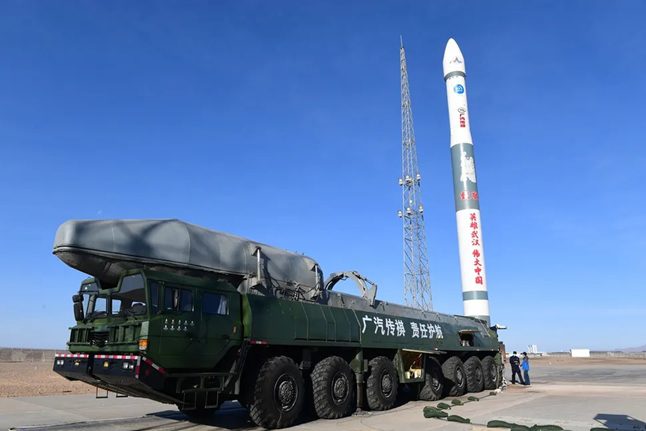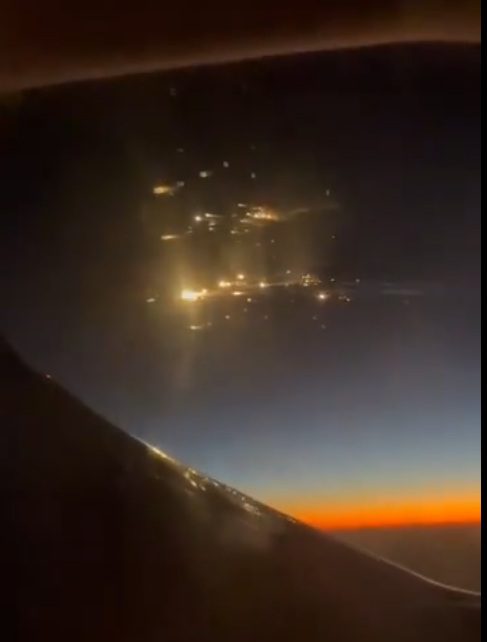SES is formally filing an insurance claim for all four of the O3b mPOWER communications satellites that it originally launched. The claim could run to US$472 million – a figure that would make it the biggest net insurance loss to date, according to Seradata’s records.
The first two pairs of O3b mPOWER satellites, which are part of a communications satellite system in Medium Earth Orbit (MEO) in development, were launched in December 2022. An intermittent electric power conditioning/trip-off anomaly was later identified in SES’s pronouncements. The tripping power problems directly affect the beam power and shaping via the phased array antenna. Although the company initially played down the issues, it soon admitted that the satellites’ lifespans were expected to be significantly shorter than planned.
Seradata understands that the claim being filed amounts to 70 per cent of the insured value of the satellites but the size of the claim may be contested. If it had reached 75 per cent, a constructive total loss (CTL) would have been triggered forcing the European satellite operator to relinquish ownership of the satellites to the underwriters involved.
The loss, on a calendar basis, will appear in the 2024 account. However, many underwriters account by the date of the insurance policy attachment. This means that the loss would appear in 2023. Last year was already a poor year for underwriters with claims (on a calendar basis) totalling US$995 million, set against gross premium revenue (before broker deductions) of US$557 million, according to insurers’ estimates. A similar level of premium is expected for 2024 as increased premium rates have not fully fed through yet.
If the US$472 million claim by SES is agreed upon, it will become the biggest net insurance loss, according to Seradata’s records. However, it is worth noting that, unlike the five highest insurance losses to date, SES’s claim is for four satellites .
The insurance industry: from bad to worse…
The bad news for insurers may not end there. Seradata has also become aware of an issue affecting one of two SARah-Passiv radar satellites: the non-deployment of a passive radar reflector antenna after the primary deployment mechanism failed. The pair, built by OHB-System AG, are supposed to work in conjunction with a SARah-Aktiv satellite, using an actively transmitting phased array antenna. If a back-up deployment mechanism on the SARah-Passiv FM-1 radar satellite also fails to work, Seradata understands that an insurance claim for around US$120 million will be made.
The satellite trio is a new space-based radar reconnaissance concept operated for the German Ministry of Defence (BND) as a follow-on to the SAR-LUPE constellation. While insuring launches of military satellites is common, insuring the spacecraft themselves is less so, given the disclosure of information required by underwriters before they can place a risk.





